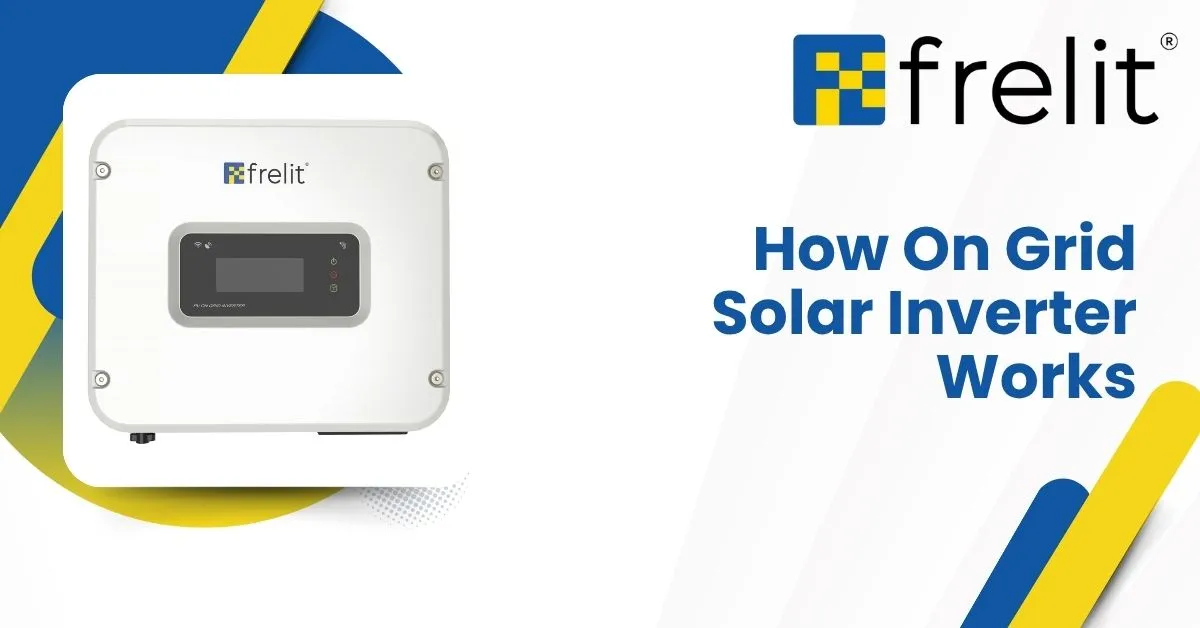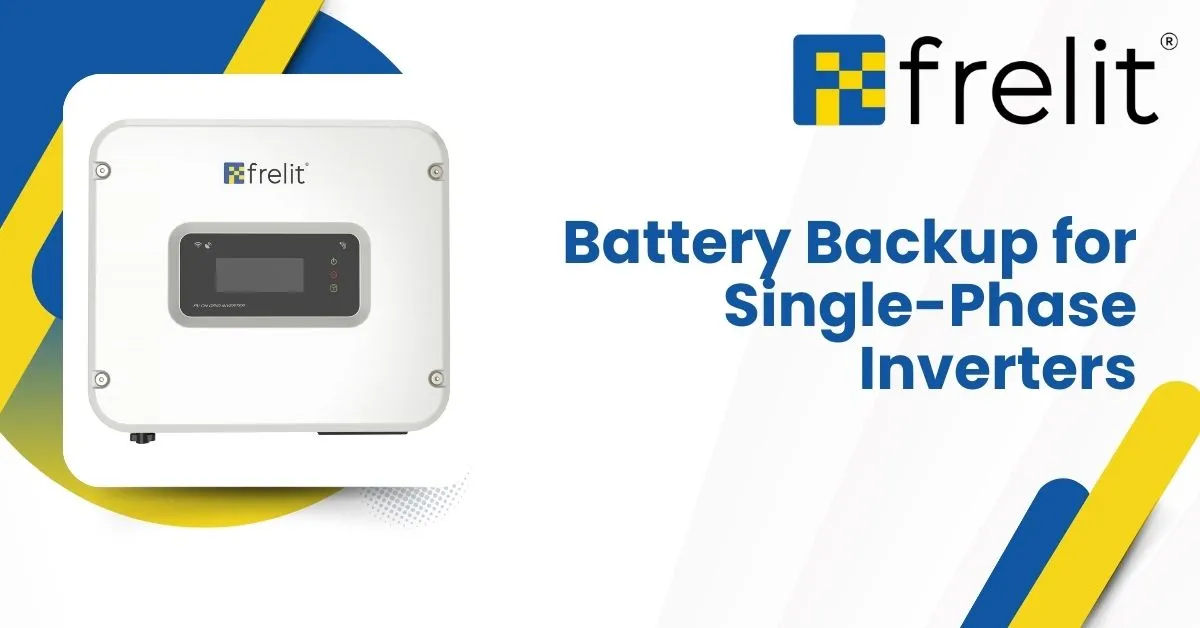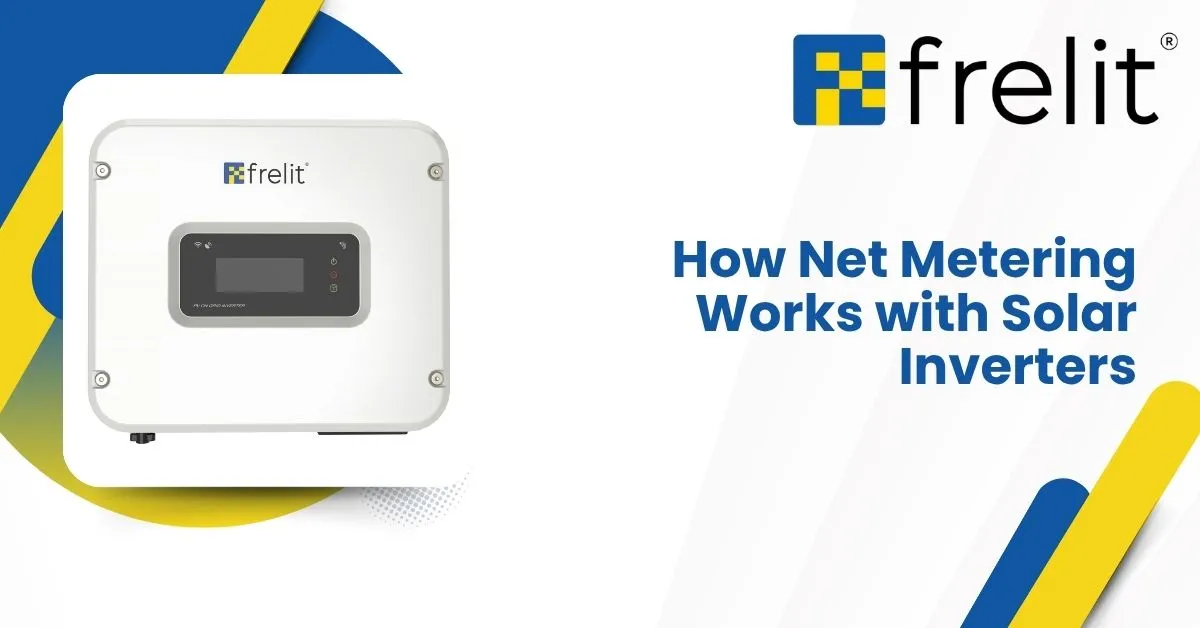
A solar inverter is the heart of any solar power system. It plays a critical role in converting the energy your solar panels capture from the sun into usable electricity for your home or business. But how does this essential device work? Let’s break it down step by step.
What Is a Solar Inverter?
A solar inverter is an electronic device that converts Direct Current (DC) generated by solar panels into Alternating Current (AC). Most household appliances and the grid operate on AC, making this conversion vital.
How Does a Solar Inverter Work?
- Solar Panels Generate DC Power: When sunlight hits your solar panels, they produce DC electricity.
- Inverter Converts DC to AC: The solar inverter takes the DC power and uses internal circuitry and switching mechanisms (like IGBTs or MOSFETs) to convert it into AC electricity.
- Synchronization with the Grid (in On-Grid Systems): If your system is connected to the grid, the inverter synchronizes its output with the grid voltage and frequency.
- Power Distribution: The converted AC power is then used to run your appliances or exported to the grid for credit (in grid-tied systems).
Types of Solar Inverters
- String Inverter: Most common in residential setups.
- Microinverter: Installed on individual panels for more efficiency.
- Hybrid Inverter: Works with both solar panels and batteries.
- Off-grid Inverter: Designed for standalone systems.
Want to install a smart on-grid inverter? Contact us for high-efficiency solar inverters and expert installation tailored to your energy needs!
Key Features of Modern Solar Inverters
- MPPT (Maximum Power Point Tracking) for efficient energy conversion
- Smart monitoring for performance tracking
- Safety features like anti-islanding protection
Why Is a Solar Inverter Important?
Without a solar inverter, the energy from your panels would be unusable. It ensures optimal energy output, grid compatibility, and safe operation of your solar system.
Frequently Asked Questions
What does a solar inverter do?
A solar inverter converts DC electricity from solar panels into usable AC power for homes and businesses.
Why is a solar inverter important?
It ensures your solar energy is compatible with home appliances and the electricity grid.
Can I use solar panels without an inverter?
No, an inverter is essential to convert the electricity into a usable form.
Which inverter is best for home use?
It depends on your power needs. Hybrid and string inverters are commonly used in homes.
How long do solar inverters last?
Typically, solar inverters last between 10 to 15 years, depending on quality and usage.
Conclusion
A solar inverter is a core component of any solar system, ensuring your solar panels provide usable, efficient, and reliable electricity. Whether you’re planning to install a new system or upgrade an existing one, understanding how a solar inverter works will help you make smarter energy choices.



